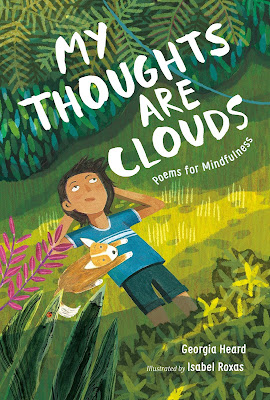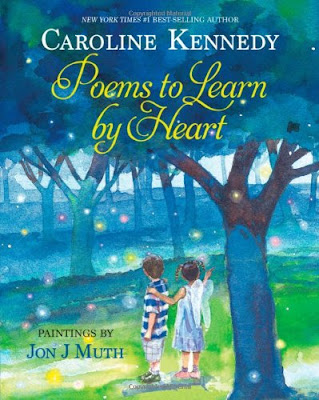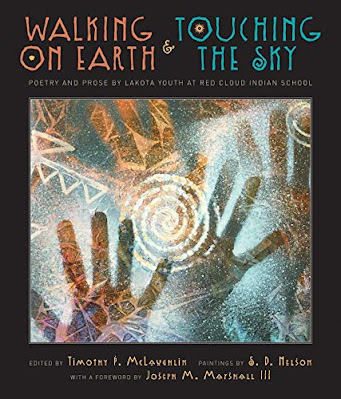THE UNDEFEATED
Bibliograpy:
Alexander, Kwame. The Undefeated. Ill by Kadir Nelson. New York: Houghton Mifflin Harcourt, 2019. ISBN: 978-1328780966
Summary:
The Undefeated is a stirring and empowering ode to the black artists, athletes, dreamers, and icons of American history. Kwame Alexander’s stunning poem is joined by Kadir Nelson’s rich oil illustrations depicting important historical figures such as Fredrick Douglass, Billie Holiday, Muhammad Ali, Serena Williams, the soldiers of the United States Colored Troops who fought in the Civil War, those who lived and died on slave ships in the Middle Passage, as well as victims of police brutality such as Sandra Bland, Tamir Rice, and Trayvon Martin. A powerful afterword written by the author places the poem’s occasion in context, explaining that it is a tribute to both the birth of his second daughter and the election of Barack Obama, noting that much of American history has been left out of textbooks, ignored, or forgotten. By citing examples of black excellence, power, and inspiration, Alexander reaffirms that Black Lives Matter and references Maya Angelou in reminding the reader to “Keep rising.” A final expository section lists the historical figures and events in the book with short biographies that are organized in order of appearance, labeled by the poetic lines under which they appear. The book concludes with a dedication to Kadir Nelson’s grandmother and Kwame Alexander’s great-great-grandfather who was a sergeant in the USCT during the Civil War.
Analysis:
In this “love letter to America. To black America,” as Kwame Alexander writes on the inside flap of the book’s dust jacket, Alexander and Nelson join forces to craft a stunning tribute to the perseverance and grit of black Americans throughout history. Nelson’s richly colored illustrations pop against blank white space and dramatically mirror Kwame Alexander’s inspiring words. Flying egrets soar through the white space throughout the book, visually threading a sense of freedom and majesty through the poem. The facial expressions of Nelson’s subjects are illuminated, proud, knowing, determined, sometimes gazing directly into the eyes of the reader, creating impactful moments of connection. A Civil War soldier carries an American flag and stares into the eyes of the reader, joined by Alexander’s text: “This is for the unafraid. / The audacious ones / who carried the red, white, and Weary Blues / on the battlefield / to save an imperfect Union.”
Throughout Kwame Alexander’s poem, he incorporates allusions to poetry and song lyrics such as “The Weary Blues” by Langston Hughes, “We Real Cool” by Gwendolyn Brooks, “We Shall Not Be Moved” by Mavis Staples, and the phrase “by any means necessary” from Malcolm X. These allusions are not explained in the biographical endnotes, but they are set in italics to show that they are references to other works. These familiar and unfamiliar allusions may spark readers’ curiosity to search their origins.
Repetition plays an important role in this ode to black excellence and strength. The phrase “This is for…” appears again and again as the poem chronicles the many ways black Americans have persevered in the face of hardship, undefeated. The poem is a tribute to “the unforgettable,” Jesse Owens hurdling across the page, “the undeniable,” an enslaved father and son holding an open book, “the unflappable,” the boxer Jack Johnson in a fighting stance. When the poem arrives at the phrase “This is for the unspeakable,” the page is filled with a chilling image of a Trans-Atlantic slave ship diagram, bodies claustrophobically lined up side by side. This line is repeated on the following pages that depict the photos of the four girls killed in the bombing of the 16th Street Baptist Church in Birmingham in 1963, their faces peering at the reader through broken glass. The line is repeated once more above the image of a memorial of flowers, teddy bears, votive candles, and photos of the victims of police violence. Unspeakable. To understand the impact of these moments, you will have to experience the book and Kadir Nelson’s art for yourself. The poem transcends these moments of horror and ends with an empowering message: “This is for the undefeated. This is for you.” Readers of all ages will grasp the beauty and power of this essential and vibrant work of art. It is no surprise that it is the winner of the Caldecott, the Newbery, and the Coretta Scott King awards.
Excerpt:
This is for the unforgettable.
The swift and sweet ones
who hurdled history
and opened a world
of possible.
Activities:
The Undefeated would serve as a profound introduction to a unit of study on black history. The book could be used in a variety of ways:
- Share the book with readers at the beginning of Black History Month.
- Use the biographical notes to invite readers to investigate the various topics mentioned the book including the United States Colored Troops of the Civil War, the Trans-Atlantic Slave Trade, the bombing of the Birmingham church, the Civil Rights Movement, etc.
- Invite students to choose an individual mentioned in the book for further study.
- Feature a different biographical note from the end of the book on each day of Black History Month.
- Investigate the origins of italicized references mentioned in the poem.
- Share YouTube videos of historical footage and songs connected to the poem.
- Feature the art and music of artists and musicians included.
- Read aloud to introduce a single topic or person mentioned in the text.
With a resource as rich and meaningful as this one, the possibilities for its effective use are unlimited.




Comments
Post a Comment